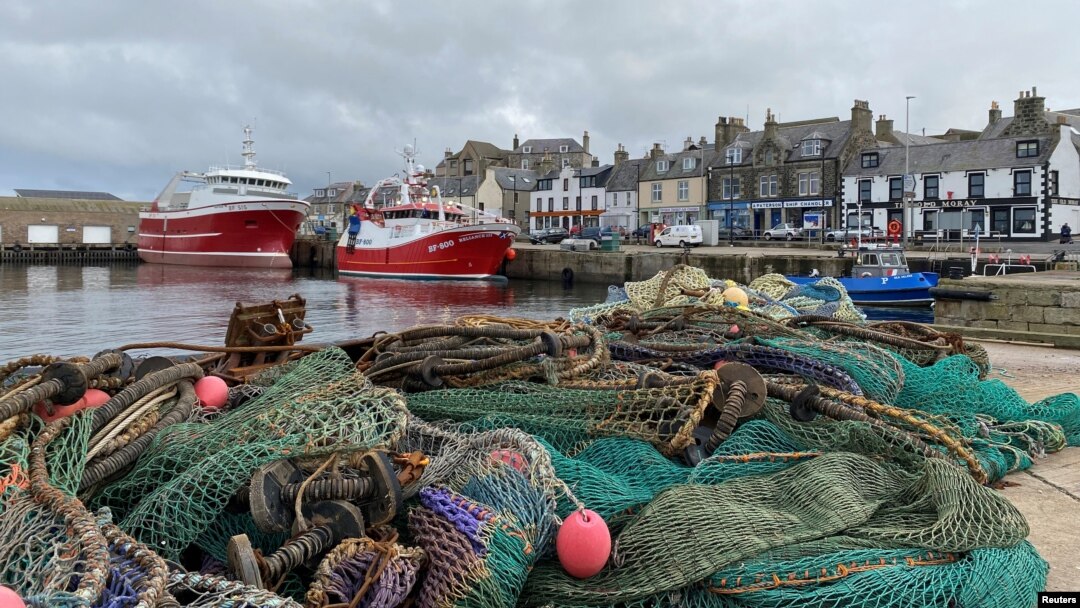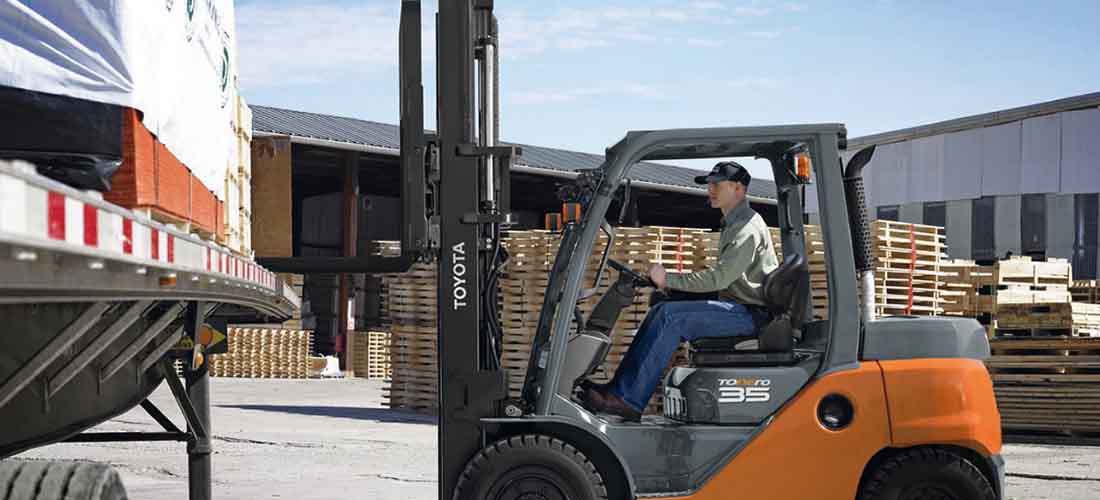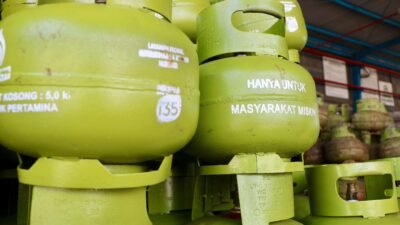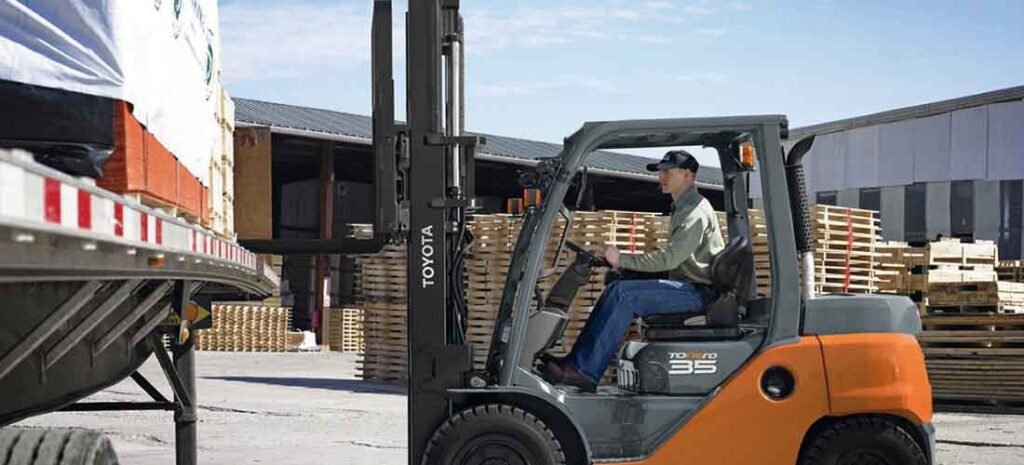In a significant development, the United Kingdom (UK) and the European Union (EU) have reached a new agreement in the fisheries and food sectors. This landmark deal, coming after several rounds of negotiations, seeks to stabilize post-Brexit relations and foster mutual benefits for both regions. The deal’s implications are vast, especially in terms of trade, sustainability, and economic growth. But what does this agreement mean for businesses and consumers, and how will it shape future interactions between the UK and EU?
The Fisheries Agreement: Sustainable Cooperation for the Long-Term
A major aspect of the new deal is its emphasis on sustainable fisheries management. As part of the agreement, the UK and EU have set new quotas for fishing in shared waters, ensuring that both sides have equal access while preserving fish stocks for future generations. This new arrangement marks a shift toward cooperation rather than competition, aiming to balance the economic interests of the fishing industries in both regions.
For the UK, which has long relied on its fishing industry for both economic activity and food supply, this agreement offers more certainty. While Brexit initially disrupted fishing rights, the new deal ensures that British fishermen will have access to EU waters for several more years. However, there are specific terms for sustainability that both parties must adhere to, including restrictions on certain fish species to avoid overfishing.
Implications for the Food Sector: A Win-Win for Consumers and Producers
In addition to fisheries, the deal also covers trade in food products, which is critical for both the UK and EU economies. According to the new agreement, food exports and imports between the two regions will be smoother, reducing the disruptions that have plagued the market since Brexit. Tariffs and trade barriers have been minimized, allowing for the seamless exchange of agricultural and processed food products.
For consumers, this is great news as they can expect a more consistent supply of goods at competitive prices. For producers on both sides, the deal brings a much-needed sense of stability, as it helps reduce uncertainties surrounding the exportation of food products, from fresh produce to packaged items.
Environmental and Economic Considerations: A Path Towards Sustainability
One of the more positive aspects of this agreement is its focus on environmental and economic sustainability. The UK and EU have committed to joint efforts to promote sustainable fishing practices and reducing carbon footprints in the food production process. This not only benefits the natural environment but also aligns with both regions’ goals for green growth and climate change mitigation.
Furthermore, economic collaboration between the UK and EU in these sectors is expected to lead to the creation of new jobs and opportunities. By fostering a partnership based on sustainability and mutual respect, both sides aim to boost their respective economies in a way that is both forward-thinking and responsible.
What’s Next for the UK and EU in Terms of Cooperation?
While this new deal is an important step forward, it is only the beginning of a broader relationship that both sides will continue to cultivate. The agreement sets a framework for future negotiations, particularly in areas such as digital trade, services, and technology. Both the UK and EU are also keen to explore other sectors where they can build stronger ties, ensuring that the economic, environmental, and social aspects of their relationship continue to evolve positively.
Conclusion: Looking Ahead to a New Era of Trade and Collaboration
In conclusion, the recent UK-EU agreement on fisheries and food trade signifies a new chapter in their post-Brexit relationship. Both sides have shown their commitment to building a sustainable, mutually beneficial partnership that can provide long-term stability for their industries and consumers. As the deal is implemented, it will be interesting to see how the partnership evolves, especially in light of ongoing global challenges, such as climate change and market volatility.













